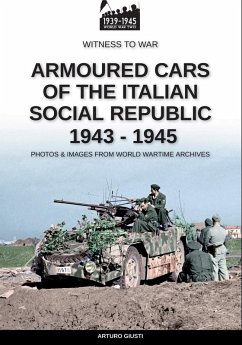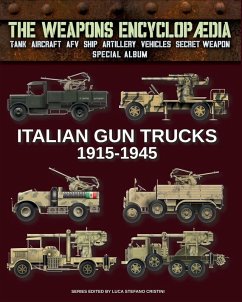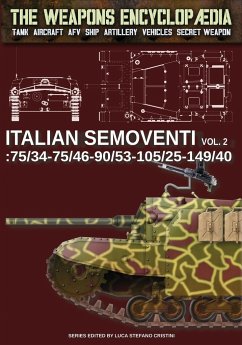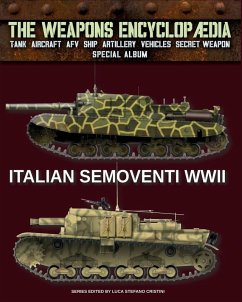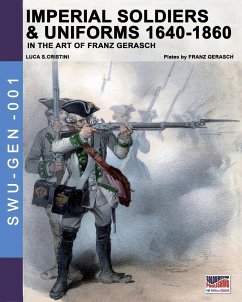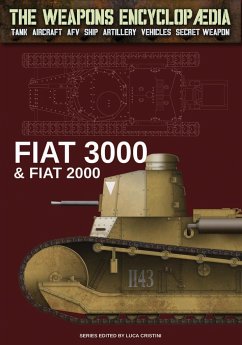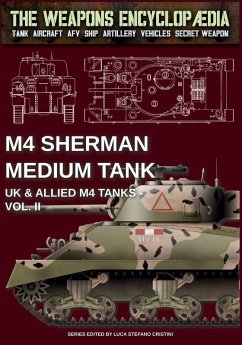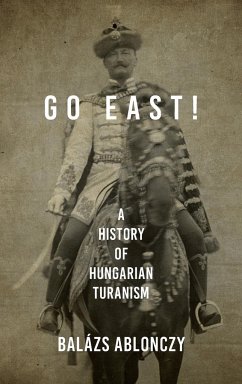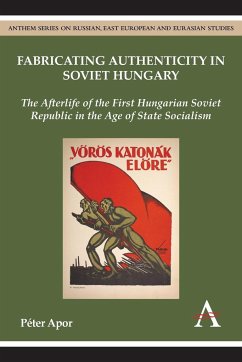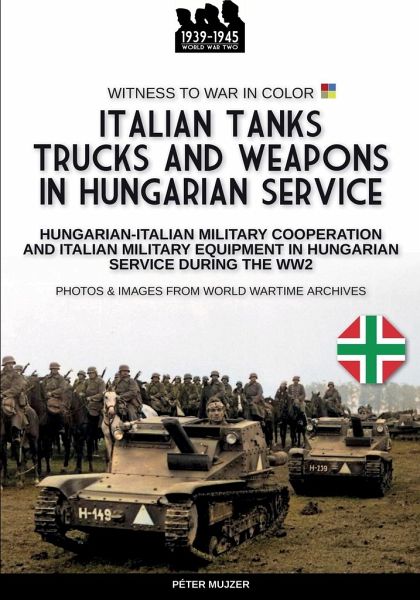
Italian tanks trucks and weapons in Hungarian service
Versandkostenfrei!
Versandfertig in 1-2 Wochen
37,99 €
inkl. MwSt.

PAYBACK Punkte
19 °P sammeln!
At the end of the First World War, Hungary, as a member of the Austro-Hungarian monarchy, found itself on the losing side. Its army disintegrated and its armaments were acquired or destroyed by the victorious Allied nations. However, in the late 1920s, Hungarian diplomacy did all it could to reduce its isolation, forging relations with Italy and other neighboring countries to try to create a better position for Hungary among European nations. A kind of secret rearmament favoured by the new political movements in Europe at that time soon began. In this contest, Italy was among the main protagon...
At the end of the First World War, Hungary, as a member of the Austro-Hungarian monarchy, found itself on the losing side. Its army disintegrated and its armaments were acquired or destroyed by the victorious Allied nations. However, in the late 1920s, Hungarian diplomacy did all it could to reduce its isolation, forging relations with Italy and other neighboring countries to try to create a better position for Hungary among European nations. A kind of secret rearmament favoured by the new political movements in Europe at that time soon began. In this contest, Italy was among the main protagonists that made the Magyar military renaissance possible. Various cooperation projects were set up, and within the framework of these, Italy supplied or granted licences for various weapon systems, both land and aviation. Many vehicles were involved in this cooperation: among the vehicles, the L3 tankettes together with the Fiat B 3000 light tank. Artillery tractors such as the Pavesi and Breda, numerous artillery equipment and guns. Motor vehicles and motorbikes. In the avionic field: the Fiat CR 32, CR 42, Reggiane 2000 and CA 135 bombers.



